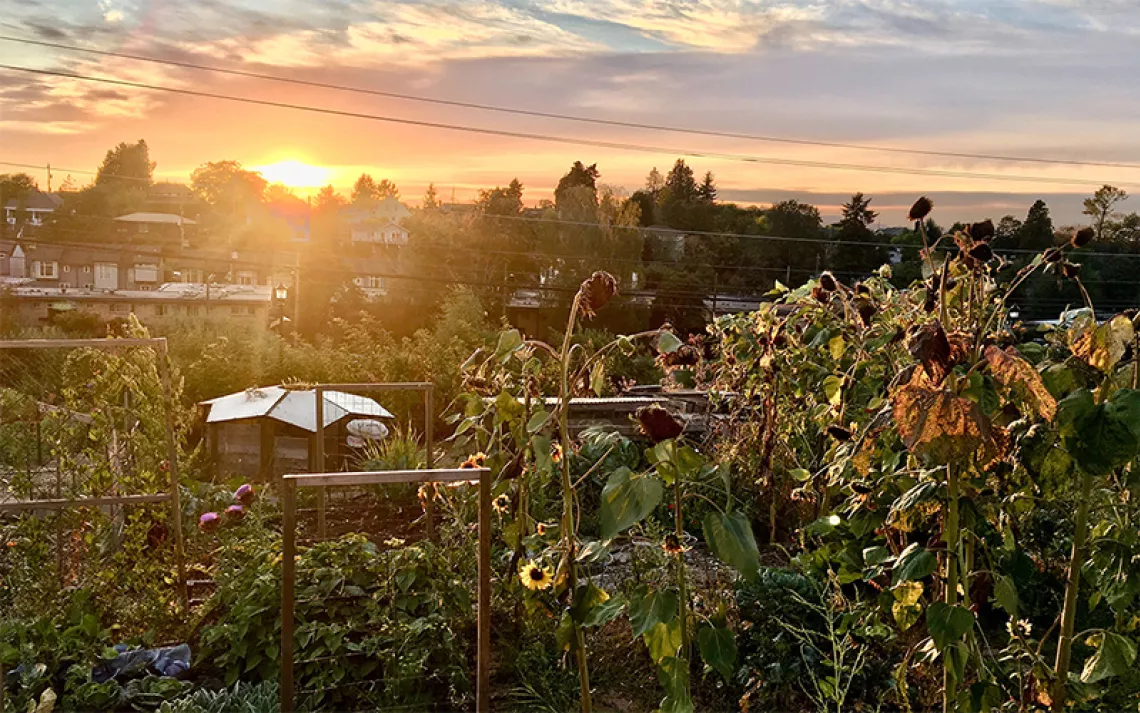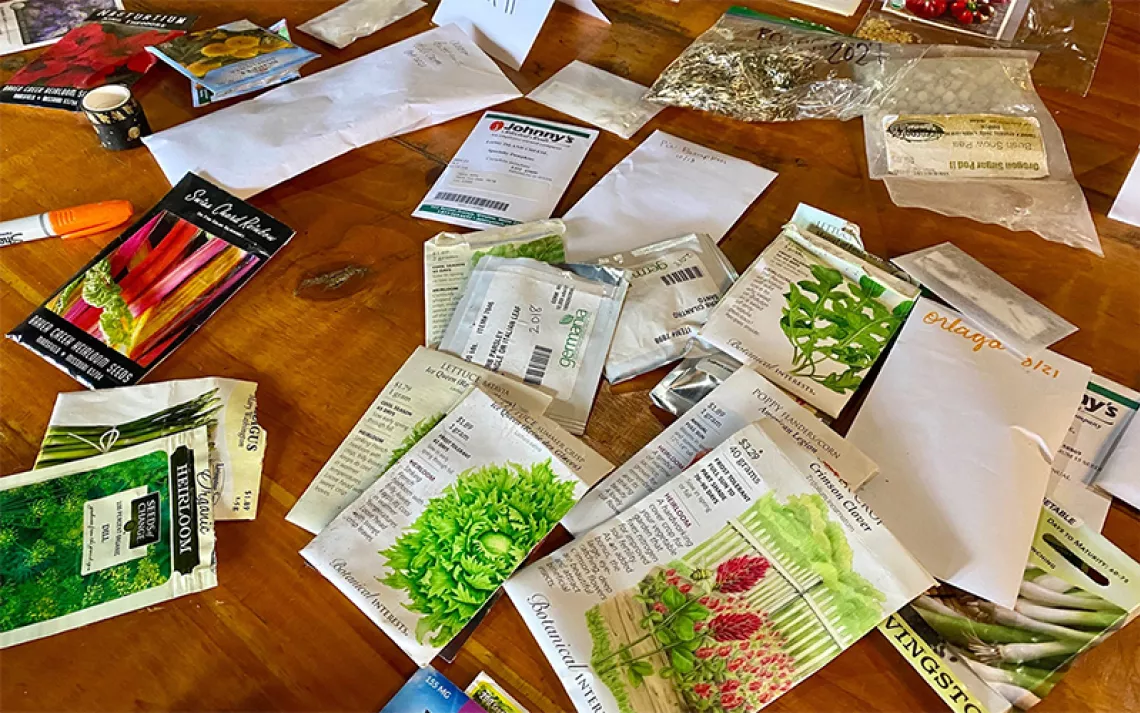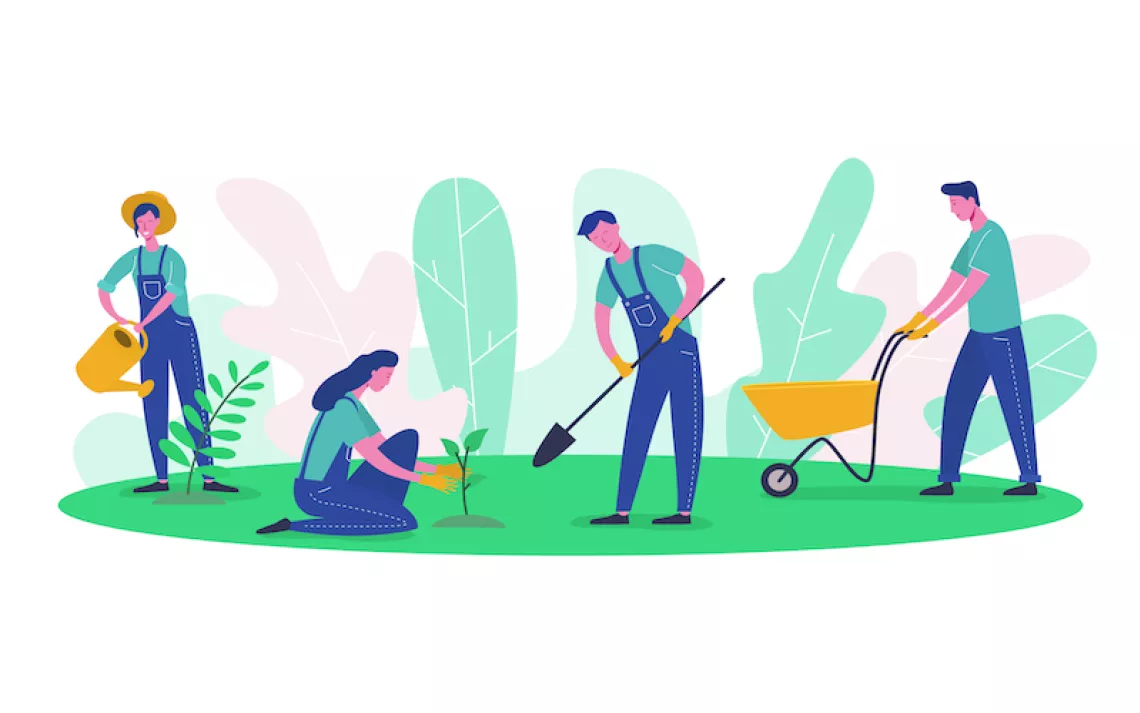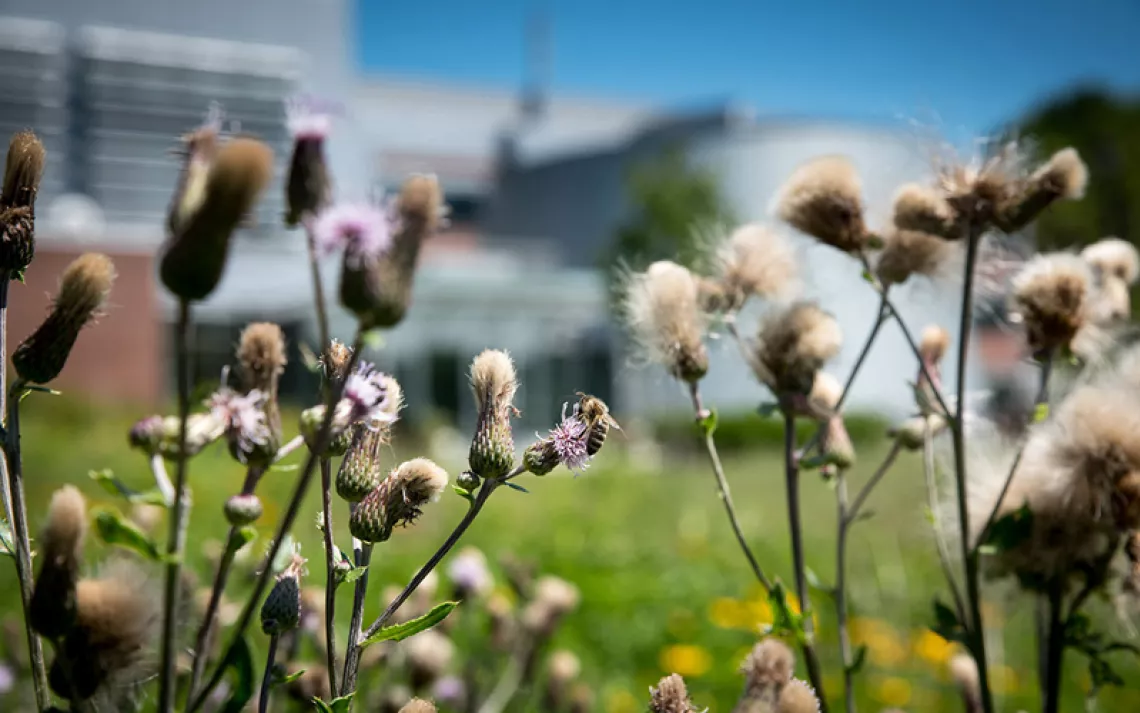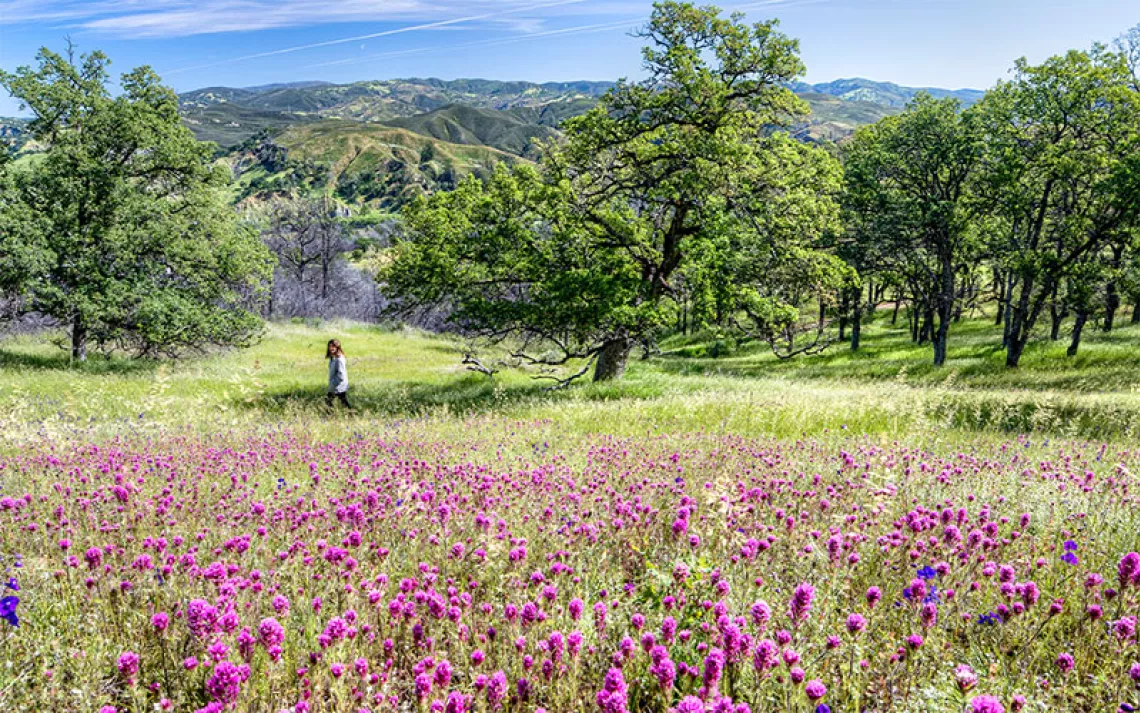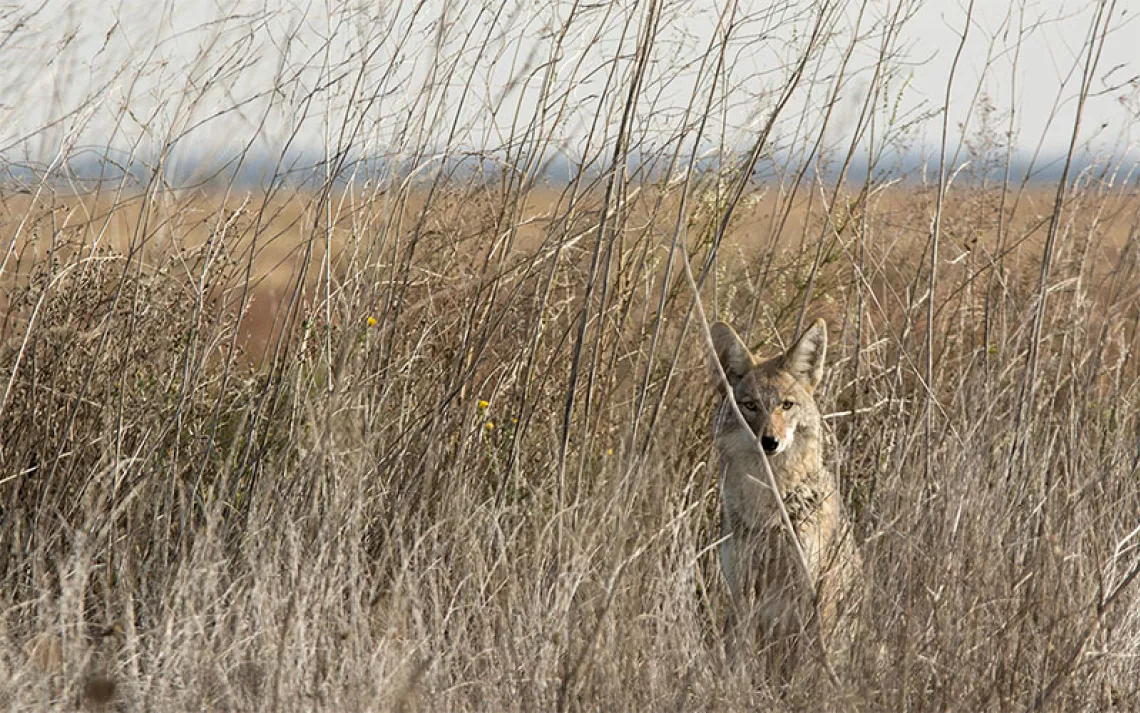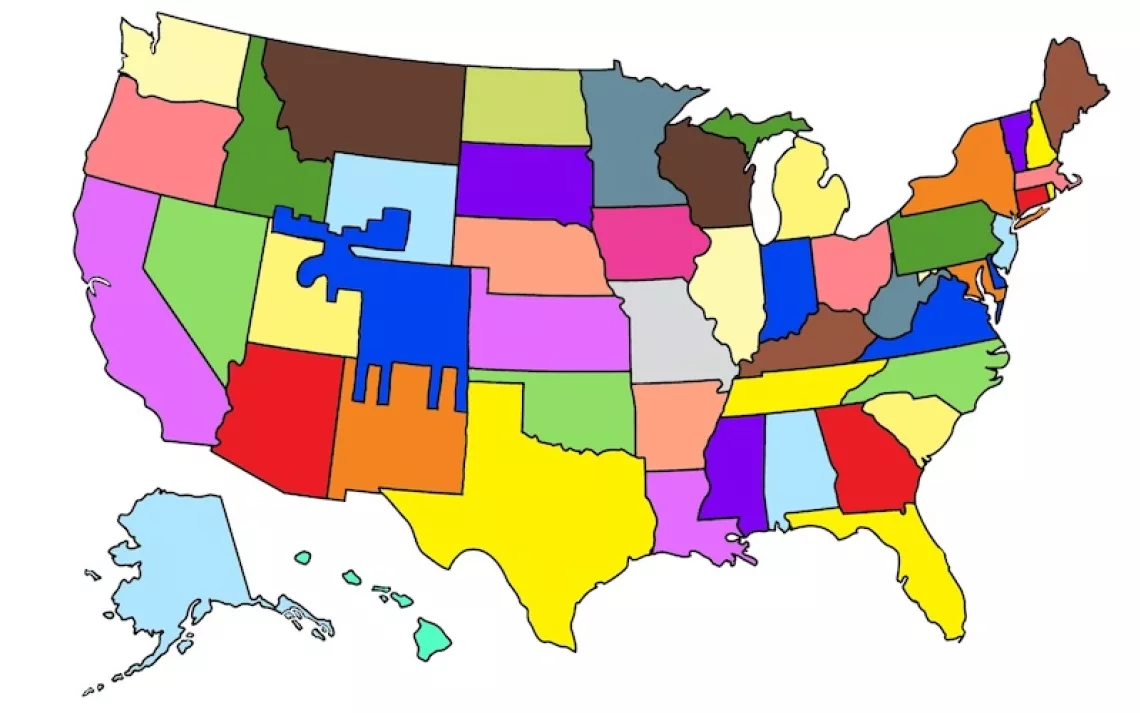Refugees Grow Vegetables and Hope in Louisville, Kentucky
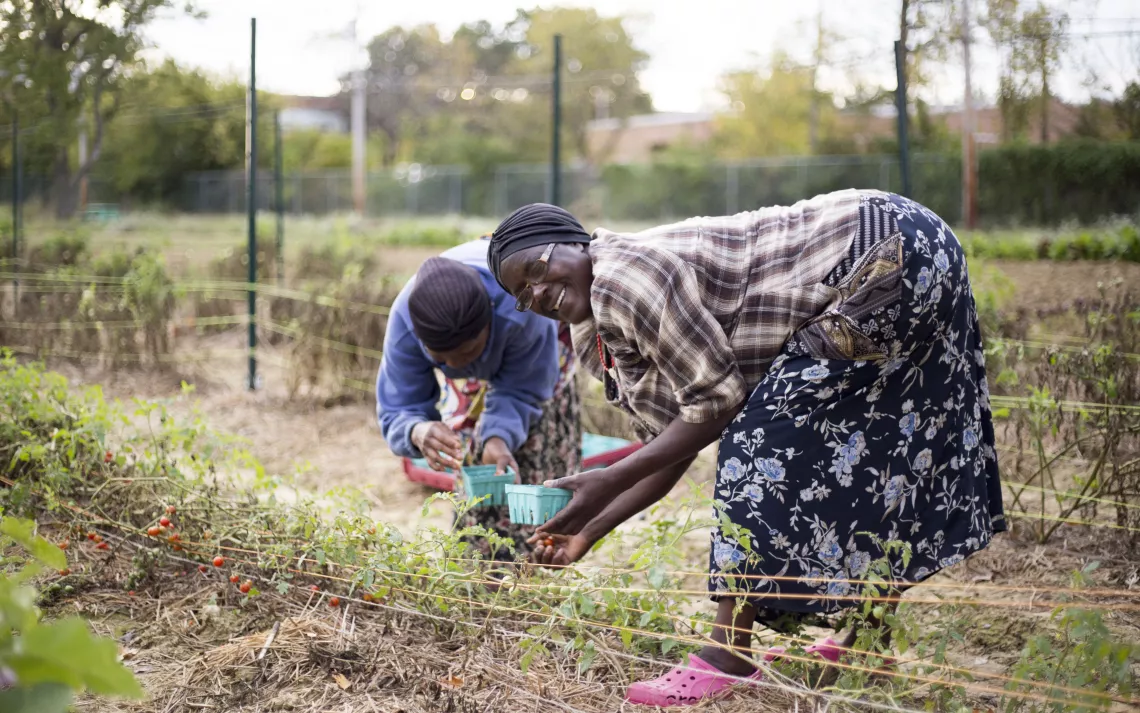
Photos by Fiona Martin
On an early autumn morning in Louisville, Kentucky, a white SUV pulls onto a small road that intersects two large plots of green space, much of it covered in thriving vegetables. A chain link fence encircles the seven acres, with the urban community of south Louisville sprawling on the other side. Four people exit the SUV and join a small group outside a shed full of gardening tools. Some of them are wearing pieces of traditional African garb, others are wearing blue jeans and a jacket, but all of them are smiling as they begin their day’s work.
“Amakuru!” they say to each other, which means, “How are you?” in Kinyarwanda, a language spoken mainly in Rwanda and eastern Congo. They gather tools and head to the fields to tend to their vegetables. They all seem in good spirits, but each of them has lived through unimaginable atrocities in their home countries of Rwanda, the Democratic Republic of the Congo (DRC), and Burundi.
Thirty-five resettled families have plots in the garden. Many of them have spent large portions of their lives in refugee camps in Africa, but now they are new Americans living in Kentucky and farming at Hope Community Farm, an urban garden located in the Iroquois neighborhood of Louisville.
The idea of the garden came to fruition when a nonprofit organization called Louisville Grows—whose mission is to create a more sustainable community through urban agriculture, urban forestry, and environmental education—partnered with Gate of Hope Ministries International, a refugee resettlement organization.
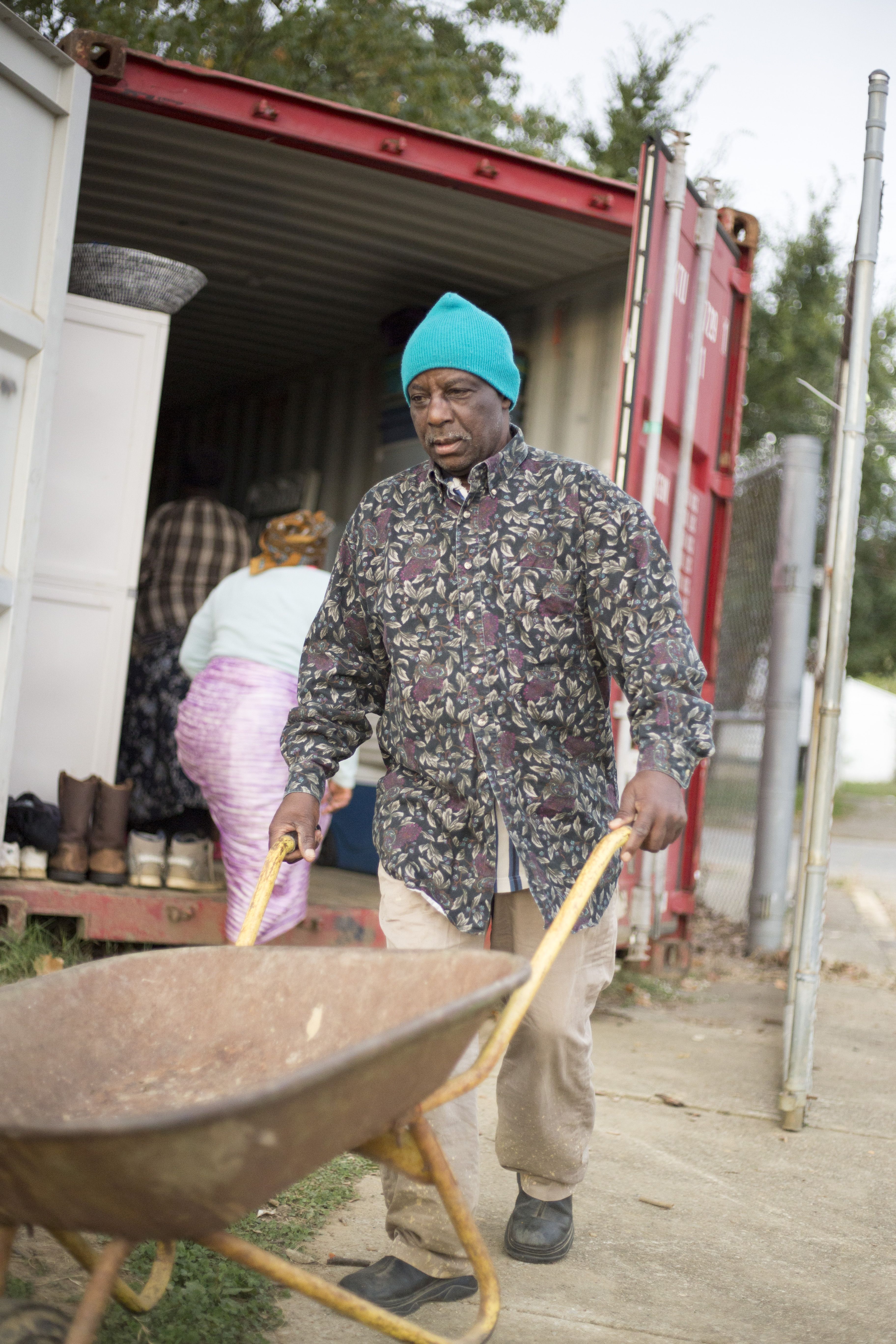
Of the 35 participating families, 10 farmers take part in Louisville Grows’ Community Supported Agriculture (CSA) program. Each week, the farmers pack the produce they grow into boxes and hand them out to 25 subscribers. In return, they get $200 a week.
Many of the farmers already have years of experience growing their own food in Africa. Whitney Sewell, the garden resource program coordinator at Louisville Grows, relates how at the start of the program, one woman declared proudly, “I have an education. From the moment I could walk, I was learning to farm.”
That was a powerful moment for Sewell.
“It was a reminder that although often defined by the circumstances that brought them here or the country or continent they were born in, each one, like all of us, has a wealth of knowledge to share regardless of whether they hold a degree,” she says. “The growers are always teaching us as we teach them.”
Working on the farm and eating their own produce has had a positive impact on the farmers’ overall health. Some of them came to America malnourished and underweight because they lacked food security and regular health care in their home countries. According to the World Food Programme, 63.6 percent of the DRC’s population lives in poverty and is food insecure. In Burundi, 60 percent of the population is chronically malnourished, and only 28 percent have food security. Malnutrition can cause health problems such as anemia, extreme fatigue, muscle weakness, and increased susceptibility to infections.
Sewell said she has seen significant health improvements in many of the farmers since they started. Two Congolese men in particular, named Salvatore and Emmanuel, have greatly benefited from working on the farm and eating the produce they grow.
“They started here maybe 10 pounds underweight and were hardly able to walk,” Sewell said. “I really questioned whether or not they would be able to work in the field because they had canes, and they had so much trouble with mobility, but they show up every day and work in the field, and I just let them set their own boundaries. They insist that this is their medicine.”
One of the farmers is a 73-year-old man named Papa Simon. He knows some English and French as well as his native language. He’s educated and worked as an electrician in the Congo, where many of his family members still live. According to him, working on the farm has helped his strength and physical health. He said he used to not even be able to lift his arms above his head.
“Now look. They go up!” Papa Simon said as he proudly lifted his arms straight above his head, then proceeded to pick up a plastic container full of gardening tools with ease.
The Hope Community Garden not only helps the refugees and their families, but it also benefits the Louisville community at large. According to U.S. census data, 35 percent of the 22,200 people within Hope Community Garden's zip code are living in poverty. The Food and Agriculture Organization of the United Nations says that impoverished urban populations face many challenges accessing fresh and nourishing food, and that raising vegetables in vacant lots or rooftops can help alleviate the difficulties.
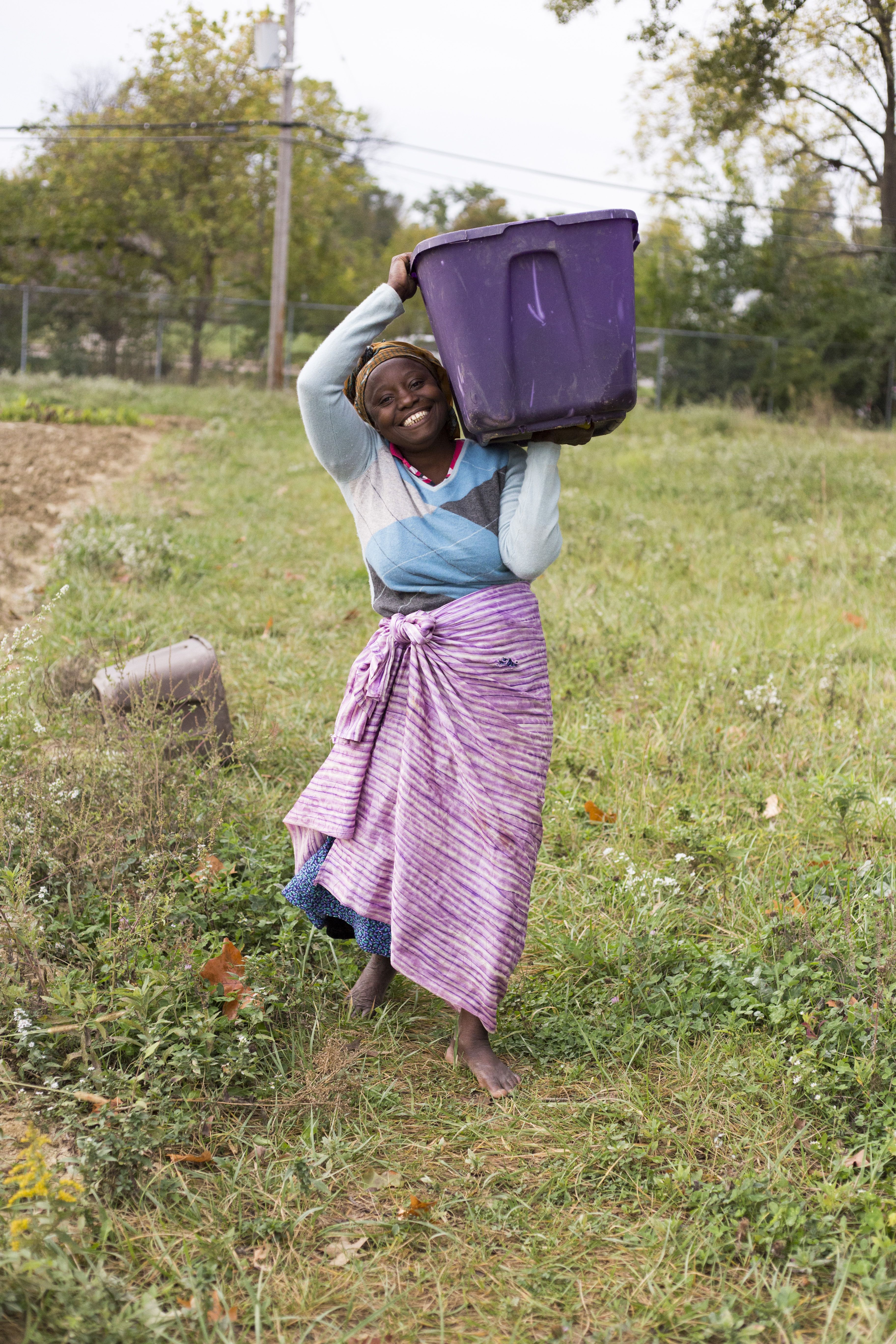
“We have farmers in rural areas, a couple of famers in urban areas, but there’s just not enough food, not locally,” says Sewell. “So it’s more and more important that we build the infrastructure of our food system around Louisville and make it possible for local food to just be a given.”
By supporting the Hope Community Garden and purchasing their crops, people in Louisville are participating in a flourishing local food movement and feeding their families healthier food with a smaller carbon footprint—their food is coming from their neighborhood, as opposed to being shipped across the country to a supermarket. In return, the refugees who grew the food earn some money, get experience interacting with their new American neighbors, and gain the satisfaction of being a productive member of their new country.
“That’s really the empowering part about the Hope Farm,” says Sewell. “These people who are new to America—they can do what they’re best at and support the general community, themselves, their own families. For people who are seemingly on the fringe of society in Louisville, this gives them a thing, a place.”
 The Magazine of The Sierra Club
The Magazine of The Sierra Club
